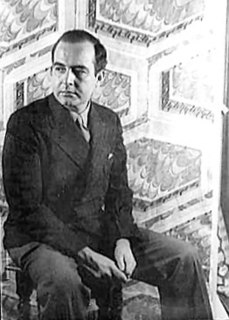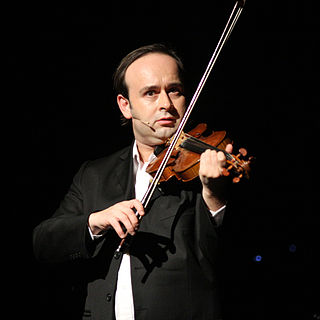A Quote by Gyorgy Ligeti
In my piano concerto I developed this polyphony to much higher complexity
Related Quotes
When we hear a Mozart piano concerto today, we're most likely to hear the piano part played on a modern concert grand. In the hands of a professional pianist, such a piano can bury the strings and the winds and hold its own against the brass. But Mozart wasn't composing for a nine-foot-long, thousand-pound piano; he was composing for a five-and-a-half-foot-long, hundred-and-fifty-pound piano built from balsa wood and dental floss.
[Miranda Hentoff] was teaching once at Lincoln Center, and the hall was full of other professionals - musicians, professors, teachers. And she was explaining how [Béla] Bartok composed his second piano concerto. And she explained how the music was interwoven with the rhythms and what he had in his mind. And I was just stunned. This is a kid who used to work - on a piano with a cracked keyboard.
Fact is that I played piano and performed, as a young kid, a Mozart piano concerto with the Chicago Symphony Orchestra . Don't forget I was only eleven-years-old and to be on the stage at that age had tremendous impact on me. Basically love for classical music and performing as a kid on the big stage probably led toward this decision, which meant that music is going to be my big love but also my profession.
Of course my books are translated into many languages. I have here, in my home, translations on my shelf of my books into forty-five different languages. Almost none of them I can read. I can read only the English editions. But, I know that a translation of a work of literature is like playing a violin concerto on the piano. You can do this. You can do this very successfully on one strict condition: never try to force the piano to produce the sounds of the violin. This will be grotesque. So, different musical instruments provide for different music.
You know what higher interest rates mean. To you it means a higher mortgage payment, a higher car payment, a higher credit card payment. To our economy, it means business people will not borrow as much money, invest as much money, create as many new jobs, create as much wealth, raise as many raises.






































